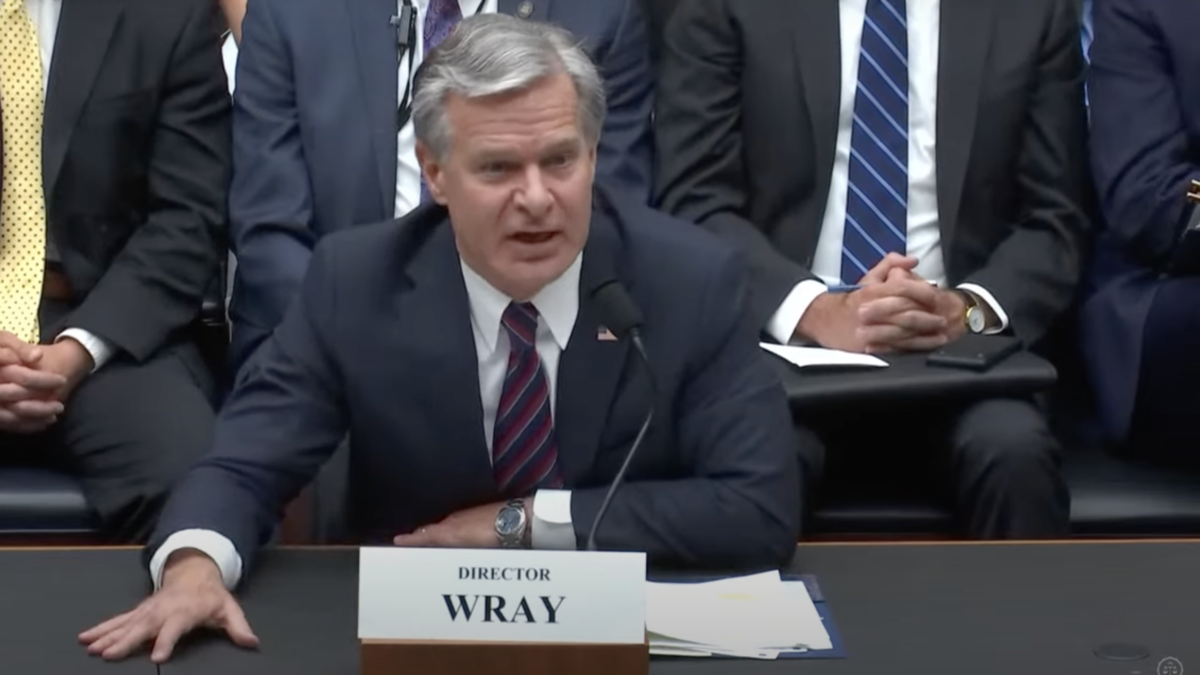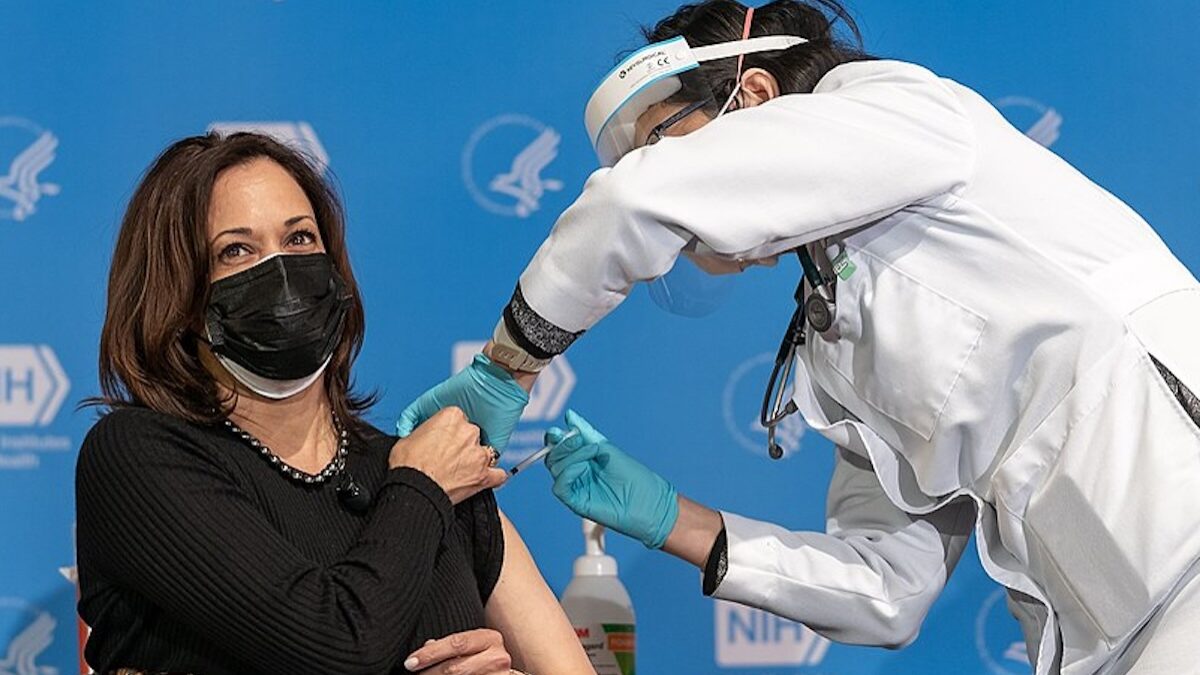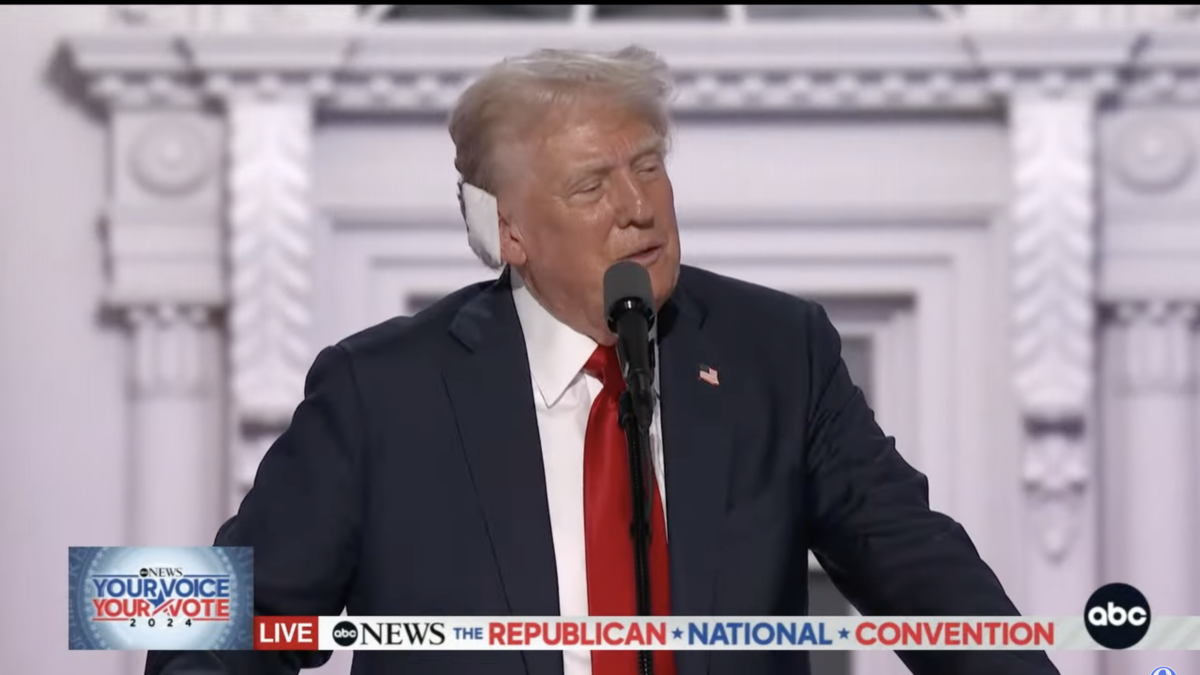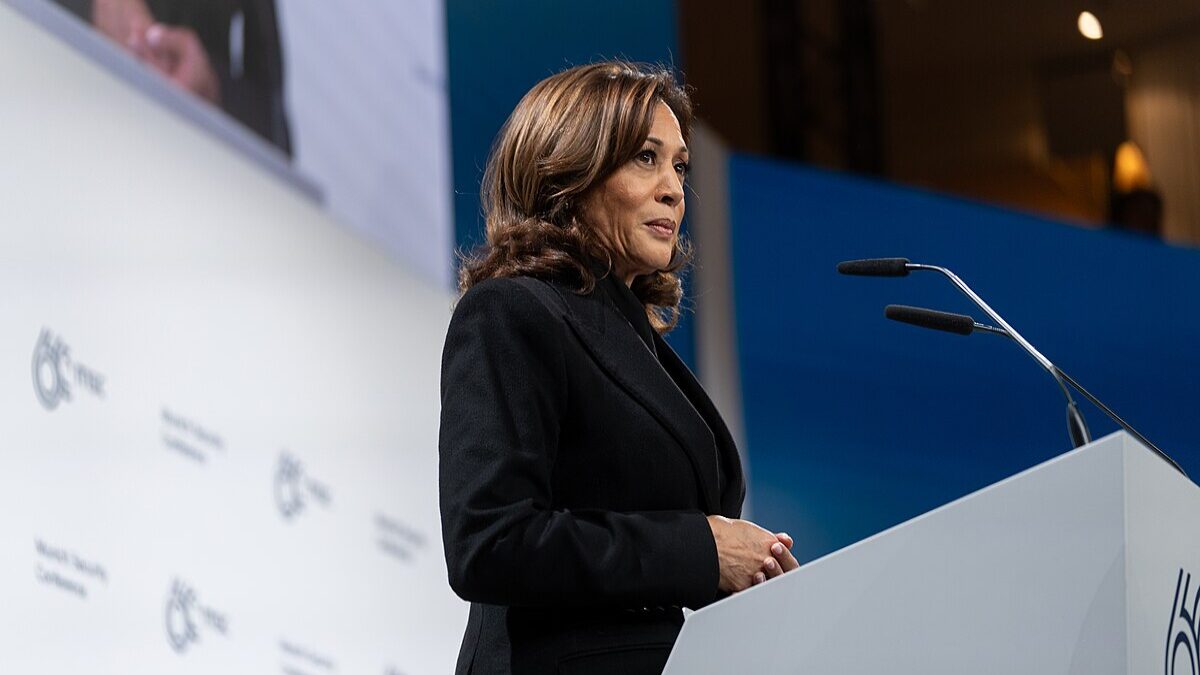There was an instructional news item this week that helps explain the collapse of Western civilization we see all around us these days. The German parliament voted to decriminalize the possession of child pornography, downgrading it from a felony to a misdemeanor offense and reducing minimum sentences for possession and distribution.
German lawmakers justified their action by arguing that decriminalization gave “necessary flexibility” to deal with the “large proportion of juvenile offenders,” and would also protect parents and teachers who discover child porn on the devices of young people and pass them on to the relevant authorities.
But as critics rightly noted, instead of creating exceptions in the law to deal with these kind of contingencies, German lawmakers downgraded all possession and distribution of child porn — a move that was cheered by pro-pedophile advocacy groups. The members of these groups believe anti-child porn laws, and indeed all legal prohibitions on pedophilia, are nothing more than antiquated taboos that society must discard in the name of personal autonomy and self-determination. One such group, Krumme-13 or simply K13, praised the vote but bemoaned the fact that no politician had yet “apologized to the thousands upon thousands of those affected who fell victim” to the now-defunct criminal laws prohibiting possession and distribution of child porn.
Why is this happening in a supposedly enlightened Western nation like Germany? It’s not a mystery. Indeed, German lawmakers are simply applying the same twisted rationale of consent that American lawmakers have been applying to other hot-button issues for years. From gay marriage to so-called “gender-affirming care,” consent has been the rationale for the removal of one societal taboo after another. So long as all parties freely consent, goes the thinking, there’s almost nothing that can be justly prohibited by law.
So says Dieter Gieseking, the founder of K13 and a man who has been charged multiple times over the years on possession of child porn charges. In a 2014 interview, he called for the lowering of the age of consent to 12 and said that sexual relations between adults and small children should be “discussed separately.” Setting the age of consent at 12, Gieseking explained, is “long overdue in today’s enlightened society.” Why? Because sometimes boys and girls “take the initiative in a friendly and sexual relationship with a pedosexual. Therefore, there is a need for sexual criminal law reform that does justice to everyone involved.” A decade later, Gieseking has gotten his wish.
According to this corrupted way of thinking, nothing more than consent is required for a sexual relationship to have legitimacy. The logic goes like this: Because minors are autonomous persons with human rights, any restriction on activities to which they consent is unjust. Sexual self-determination in particular means there is no legitimate basis for laws that criminalize pedophilia or child porn — so long as the children in question give their consent. On the exact same basis, laws prohibiting minors from taking puberty blockers or cross-sex hormones, or getting irreversible surgeries that leave them mutilated or sterile, are also considered unjust.
This is of course not just morally insane, it’s also profoundly disingenuous. The reason for age-of-consent laws — about anything — is that society recognizes there are entire categories of activities to which children and minors are incapable of giving consent. They aren’t mature enough to understand the implications or consequences of a decision, and we have traditionally codified that reality in law. That’s why parents routinely make decisions on their children’s behalf. It’s also one of the reasons children can’t get tattoos or buy alcohol, among many other things. This isn’t hard to understand, and indeed there’s a broad societal consensus around the basic claim that children can’t consent to certain things or make certain decisions on their own behalf.
But if we say, as the pro-trans ideologues do, that children can indeed consent to puberty blockers or cross-sex hormones or irreversible surgeries, then on what basis can we argue against the pro-pedophile crowd that children cannot consent to sexual relations with an adult? We can’t — and increasingly, we won’t.
In this context, understand the recent discourse around “children’s rights” for what it is: a deliberate attempt to undermine not just the family and parental authority but also our longstanding societal consensus that children are not autonomous and cannot make decisions for themselves. When politicians on the left invoke “children’s rights” over and against the rights of parents, as one Canadian lawmaker did recently in reference to a bill that would require parental approval for “gender-affirming care,” it’s almost always in the service of a radical social agenda intent on tearing down sexual taboos.
Pro-pedophile activists and their allies in academia are upfront about this. “The taboo of pedophilia must finally be broken at all levels of society,” Gieseking once said. “If a pedophile can come out without fear of exclusion or even demonization, then this is the best prevention against child abuse.”
But taboos and exclusion and shaming exist for a reason. They discourage predatory and pathological behavior, and they protect vulnerable members of society, like children. Tearing down taboos, especially sexual taboos, serves a single purpose: to encourage that which was once forbidden. In Germany’s case, the decriminalization of child porn will predictably lead to the proliferation of child porn, the purveyors and consumers of which will increasingly be seen in a sympathetic light and eventually accepted by the mainstream without judgment.
It’s the same for us here in America. If we want to stop this, we have to bring back taboos. If we don’t, we should expect the exact same arguments that were deployed to justify gay marriage and transgender ideology to be deployed in the service of pedophilia.









